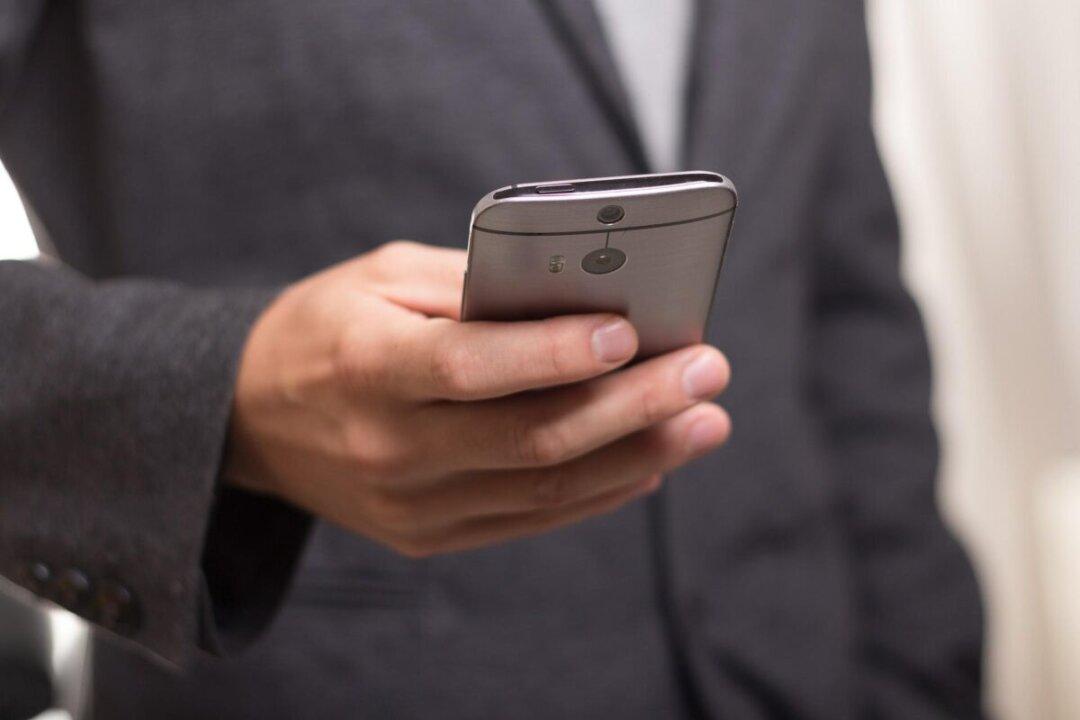Americans who prefer to communicate and access information using the methods that were around before the internet are becoming harder to find.
According to a 2024 Pew Research survey, 98 percent of U.S. adults own a cell phone and 91 percent own a smartphone.





